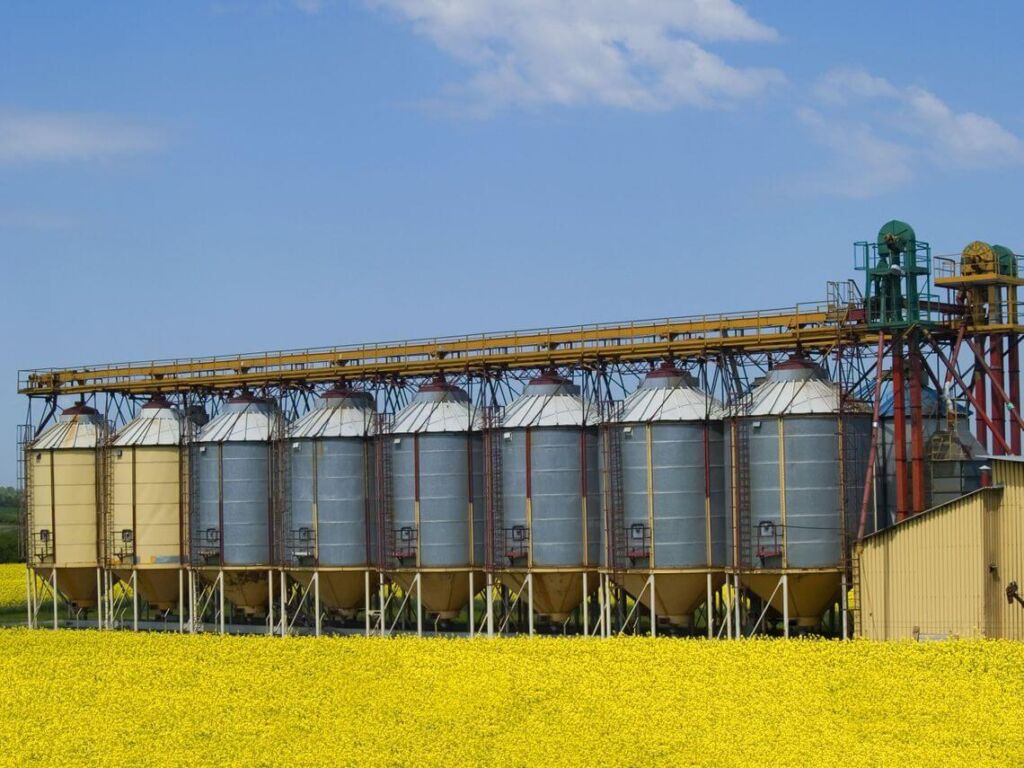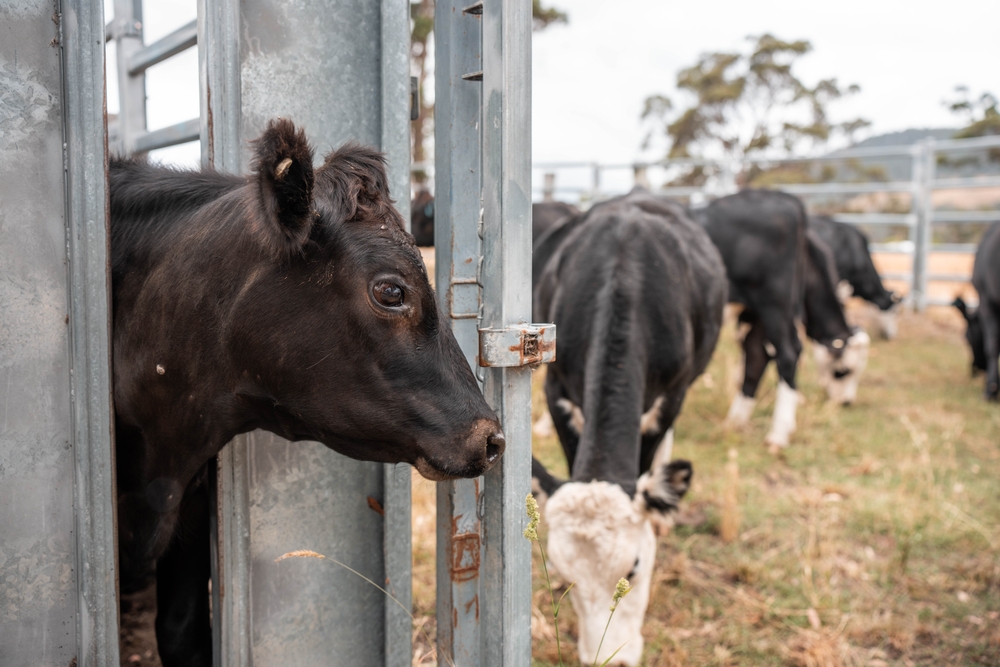What’s the difference between a commercial and an industrial scale?
There are many types of scales designed for a variety of applications, from pricing products at a meat counter to weighing livestock on a farm. However, all scales generally fall into two categories: commercial and industrial.
What are commercial scales?
Commercial scales are extremely precise and consequently tend to get used in retail transactions. They’re commonly found in grocery stores, jewelry stores, postal offices, and a range of other businesses. Retailers commonly use these scales in front of their customers so that both parties can see the weight and price of the product. They tend to be smaller and more portable than industrial scales.
Common features of commercial scales include printers for producing labels, removable platforms for quick clean-ups, and a bright dual-LED display for easy viewing for both the operator and the customer. Some commercial scales also include software features such as item memory, which eliminates repetitive price entries.
When they’re used to price products, commercial scales must be legal for trade. This means that they have to be certified by a representative of Measurement Canada or by an Authorized Service Provider such as Accurate/Western Scale Co. Ltd.
Commercial scales are also referred to as price computing scales, retail scales and food scales.
What are industrial scales?
Industrial scales are designed to be used on construction sites and farms, as well as in warehouses, factories and other industrial contexts. They’re resistant to moisture and impact and some are engineered to handle high-capacity and oversized loads. In addition, many industrial scales include advanced software features such as data collection, which provides valuable information for making business decisions.
Industrial scales are, moreover, designed to serve specific industrial applications. For example:
Lift truck and pallet jack scales are designed to integrate with these material handling devices to provide convenient weighing on the fly
Floor scales allow the operator to weigh heavy or large items at floor level
Truck scales are extremely heavy-duty, drive-on scales used to weigh road vehicles and their contents
Other industrial scales include conveyer belt scales, hopper scales, tank scales, crane scales, front end loader scales and livestock scales.
When industrial scales are used for commercial transactions, they need to be legal for trade. Provided they’re periodically calibrated, industrial scales can deliver high levels of precision.
Commercial and industrial scales in Alberta
Accurate/Western Scale Co. Ltd. carries a full selection of commercial and industrial scales. Turn to our experienced team if you need a truck scale, crane scale, hanging scale, livestock scale, retail scale or any other type of scale. We also provide inspection and calibration services in Calgary and throughout Alberta. Contact us to learn more.





